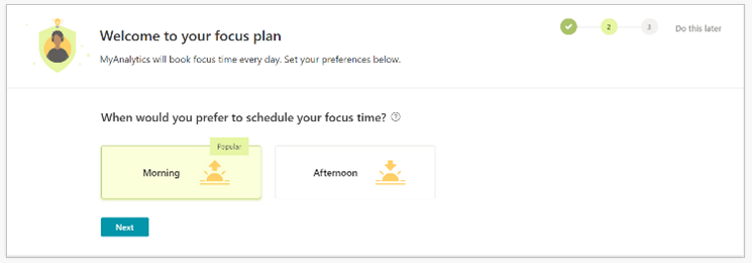
Digiterre Unveils Houston Office: Bespoke Technology Solutions in the Evolving Energy Trading Landscape
Date: 30/05/24
By: Laurence Pisani
Leading complex software and data engineering projects requires the expert application of planning, management and communication, especially in the new world of remote and distributed working
There is a military saying that no plan survives contact with the enemy. In project management, reality is the enemy. While planning is crucial, it needs to be done correctly. The best approach is to pragmatically revisit and iterate plans, and build in flexibility and contingency, to account for reality which is, to coin another military term, volatile, uncertain, complex and ambiguous. Let the plan be the guide rather than a passive exercise in journaling the process. It can feel like playing Tetris in your head but you need to identify and mitigate dependencies between and within projects, for example by decoupling projects, or selecting and working with leads who are good at this.
Appoint a lead for each project, and provide oversight and direction to them, while managing the largest or most complex projects yourself. A ‘stand up of stand ups’ can be a powerful tool where you bring together all the project leads to share learnings and outcomes, or have leads guest visit on other project stand ups or retrospectives.
Managing multiple projects can mean managing scope creep. Project plans are based on an original scope of work. If the scope changes, the assumptions and parameters of the plan will also change. Managers need to develop the capability to have sometimes difficult conversations to determine potential trade-offs or create altogether new and separate work streams to accommodate the expanded work.
One of the biggest mistakes new managers make is delegating too much or too little. Managers need a model for effective delegation, which is crucial to successfully managing multiple projects. The Eisenhower Matrix provides a helpful framework. It enables managers to identify the most urgent and important projects or tasks for focused, immediate execution. The urgent but less important tasks can be delegated by the manager, while important tasks that are not urgent can be scheduled for a later date. Finally, tasks that are neither urgent or important can be eliminated.

A common mistake some managers make is to think their job is to shield the team from the stresses and strains they are experiencing from above. This means they don’t filter down contextual information to their teams and don’t transmit up to senior management their teams’ concerns and feedback, which can impede collaboration, coordination and efficiency across all projects. Managers get sandwiched between two opposing forces, and experience burnout and risk getting replaced. Rather than act like a barrier, managers should think of themselves as conduits between their team and senior management. This allows them to raise up concerns and suggested improvements while filtering down organizational pressures and problems for collective ownership and problem solving.
In the new normal of remote working, managers should pay special attention to the application of project management tools. For example, they should attempt to standardize the management of all their projects, including the tools they use, whether that is Excel, JIRA or MS Project. They can leverage MS Teams’ productivity features such as ‘focus time’ which suggests time-boxing periods of your calendar, to dedicate to moving a particular task forward, which it then helpfully sets to ‘do not disturb / focusing’. Additionally, they should think of Outlook management as a defensive martial art which involves instilling discipline by carefully diarizing ceremonies, sticking to timelines and not over allocating themselves or their teams.

By using these approaches as a guide, technology executives can effectively manage complex, high-risk and time-constrained projects to deliver software and data engineering solutions that users want, need and love to use.

Date: 30/05/24
By: Laurence Pisani

Date: 11/04/24
By: Digiterre

Date: 04/04/24
By: Digiterre

Date: 28/03/24
By: Digiterre
If you would like to find out more, or want to discuss your current challenges with one of the team, please get in touch.